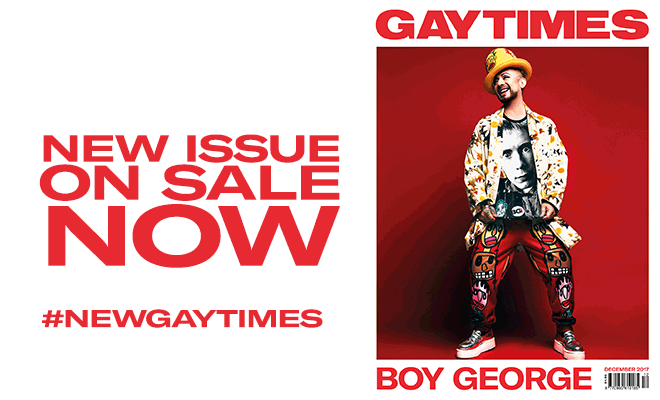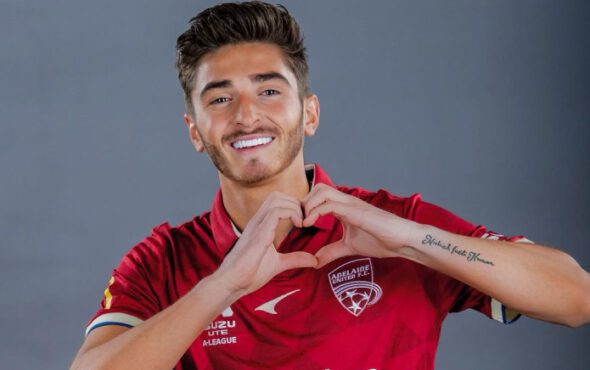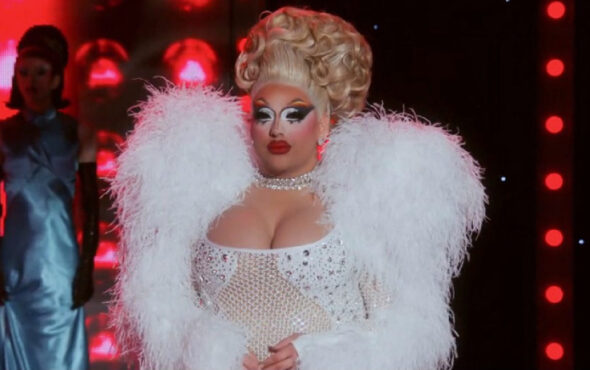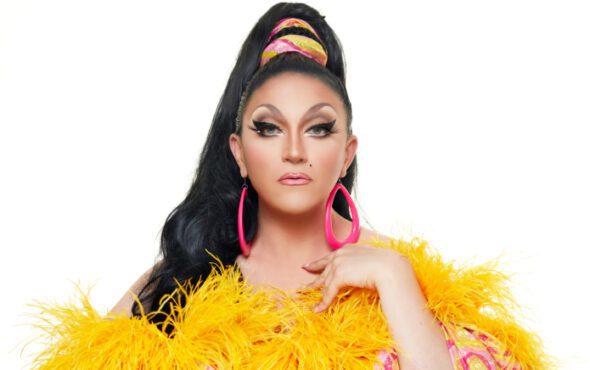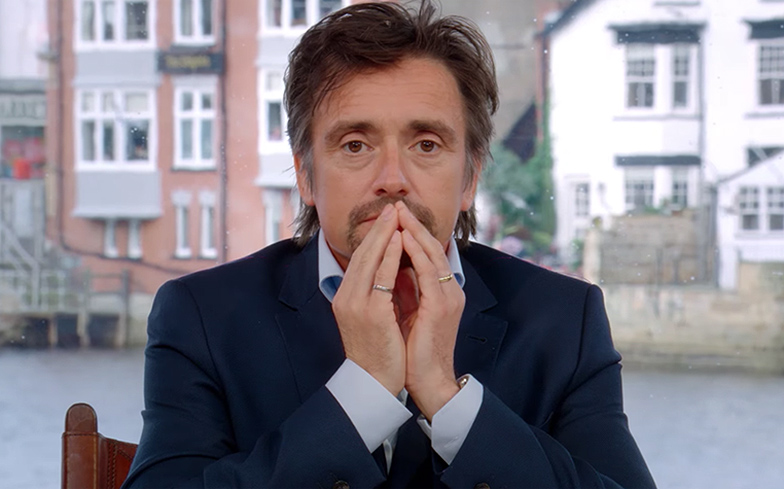
Richard Hammond has denied accusations that he’s homophobic.
The former Top Gear presenter landed himself in hot water earlier this week when – as he attempted to defend suggesting straight people shouldn’t eat ice cream – he argued that gay people no longer need to come out publicly.
“It is so old-fashioned to make a big deal of it. That isn’t even an interesting thing to say at a dinner party any more,” he said.
“It may be because I love in a hideously safe and contained middle-class world, where a person’s sexuality is not an issue. But when I hear of people in the media coming out, I think, ‘Why do they even feel the need to mention it?’”
Unsurprisingly, the backlash on social media was swift, with many reminding Hammond that there are still places around the world where people can be killed for their sexuality, and that many young LGBTQ people need positive role models.
Now, in a new interview with Newsweek, the 47-year-old has attempted to explain his comments and bury any suggestion he harbours homophobic sentiments.
“I entirely reject any criticism of me being anti-gay,” he said. “That’s just not the case. The very last thing I am is in any way anti-gay. And I said I believe that love is love is love.
“There are people who are genuinely homophobic and they would disagree with my view that love is love and people are who they are.
“You’d have to have your head so buried in the sand not to be aware of the fact there are places in the world where it’s difficult for people to be who they are. I wouldn’t deny that, absolutely. But that isn’t who I was talking about.”
Hammond further attempted to defend his comments by pointing out that his teenage daughters are growing up in a world where the LGBTQ community is more accepted, and being gay is “no big deal” to them.
“Perhaps the point I was trying to make was that sometimes, for older generations it’s been a very different journey to being able to be honest about themselves and they’ve had to fight for it,” he said.
“Whereas there is, and I very much hope so, a generation for whom it isn’t really such an issue.
“They’re not going to be persecuted on the grounds of their sexuality or miss out on opportunities. They can simply be who they are, and that’s how the world should be.”
